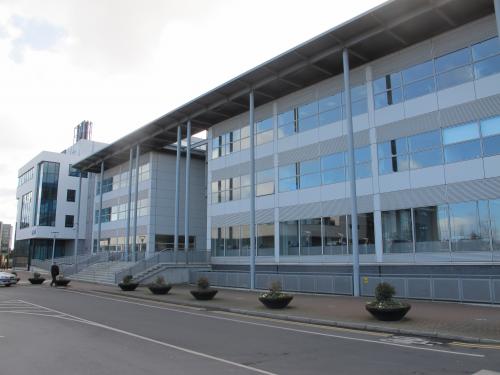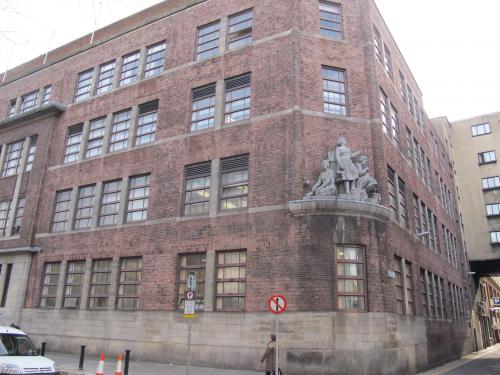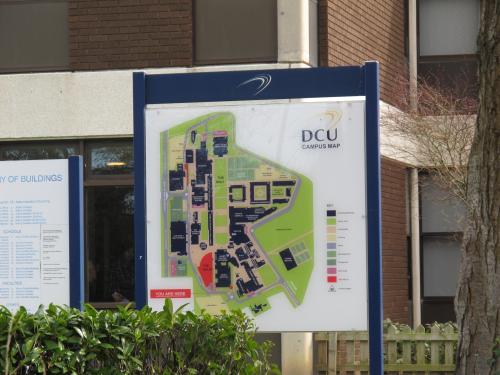Education in Ireland Part 4, Higher Education
Finally, we are going to talk about the 3rd level of education in Ireland, Higher level education. But before we do we would like to say some words on Higher level education in Western Europe.
The western educational system of higher level education differs from the education received in colleges in post-Soviet Union countries. The main difference is that the countries in Western Europe, including Ireland, students not only do lots of theory but also do lots of practical work on some subjects while in school. The reason for this is that most employers, would rather employ people who already had practise in the subject than people who only did theory.
Countries in the Euro Zone have a student exchange programme where they send they exchange students with another participating country. Almost all the countries in Europe are part of this programme and give their students the ability to, for one year, study in another European country. This applies also to colleges in Ireland, but honestly only for students who study for four years.
The system of higher level education in Ireland is quite complex. Thus, the title ‘college’ can be used, in Ireland, for Secondary schools or Universities. Also, officially recognised Universities may not have the word ‘University’ in its name.

For example, these four Irish colleges (Royal College of Surgeon, National College of Art & Design, Shannon College of Hotel Management and St. Angela’s College Sligo) are all actually universities, but this is impossible to work out by the name alone. Also, these two Irish institutes (Institute of Public Administration and Milltown Institute), carry the status of ‘university.’
At the same time, the famous Trinity College has a double name; The University of Dublin – Trinity College. Why does Trinity have a double name and what does it mean? These are all questions we have answered in our post on Trinity College.
Also the National University of Ireland is made up off four universities, and each one has its own name. Universities can be found in Dublin (UCD), Cork (UCC), Galway (NUI) and Maynooth (NUI). Apart from this university there is a place called the Dublin City University (DCU) and the University of Limerick.

In Northern Ireland there are only two Universities: The University of Ulster and Queen University of Belfast. There is also an ‘online university’ in Ireland called ‘The Open University,’ with advisory centres in Belfast and Dublin.
All in all, Universities in Ireland have a scientific and quite fundamental nature. At the same time, institutes are created for the application of the knowledge learned by the students. So it’s no surprise that in Ireland, almost all of the institutes are technological institutes.
If you are learning to be a, for example, hotel manager, then you will definitely have to learn about the basis of catering in case of certain unforeseen situations in the workplace. This principle is quite common in all professions in institutes of technology in Ireland; there are fourteen of these institutes in total.

There are also private colleges in Ireland, which usually have the word ‘college’ in their title. There are only fifteen of them in Ireland and the most well-known of them is the ‘American College in Dublin.’
Not all colleges that give higher level education are private. Seven colleges in Ireland which teach future teachers of Secondary schools are state colleges. One of the more well-known of these schools is the ‘College of St. Patrick.’
The National College of Ireland is also a state college and is located in the Dublin - Docklands area. Apart from the National College of Ireland, in this country there are also two state colleges and two colleges getting support from the government. They are the Royal Irish Academy of Music and the Pontifical University of Maynooth.

Before the beginning of the worldwide economic crisis, Higher Education in Irish colleges was free (apart from the registration fee). Presently, the registration fee has risen to two thousand Euros per year, which can almost be considered as payment for the education. Although the government does give the students a grant that’s higher than the registration fee and even students from other countries in the Euro Zone can apply for this grant.
For foreign students the price for learning in an Irish college starts at 7,000 Euro per year, but it all depends on their chosen occupation. Students from countries in the Euro Zone and people who have the ‘refugee’ status, get the same rights of paying for their education as Irish residents.
Also, foreign students coming to an Irish college are required to have a document proving that know the English language at the proper level. But if you have the money, then you will have the ability to prepare for taking the IELTS or TOEFL exams; these exams are used to judge if your knowledge of the English language is adequate for learning in the college, in one of the many language schools in Dublin.
If you are, for some reason, frightened or confused by the concept of education in an Irish college, then you can start your education in colleges of further education, which we talked about earlier.